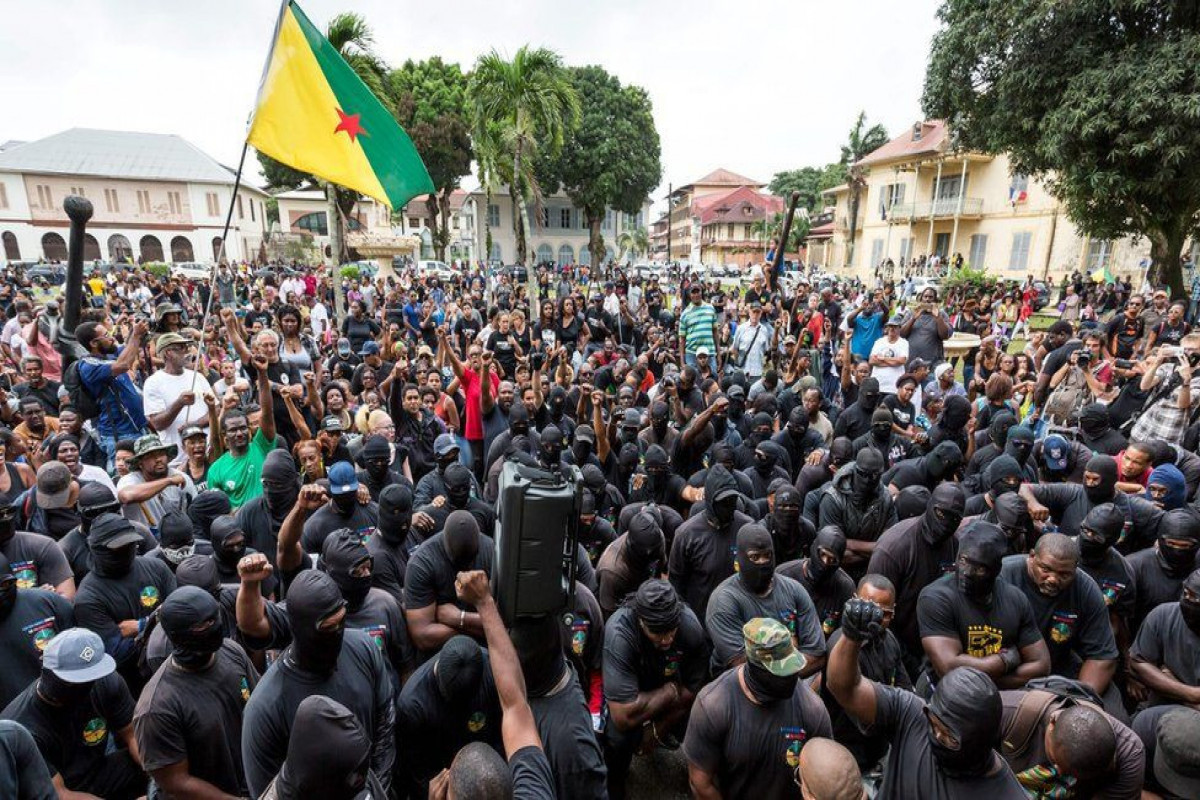Following the elections for parliament and local authorities held on December 17 in Serbia, the political tension continues to rise in the country.
The opposition has accused the ruling Serbian Progressive Party, which won 46.72% of the vote, and its leader Aleksandar Vučić of winning the election through fraudulent ballots and electoral fraud. They had demanded for the elections to be held again.
Supporters of the pro-Western Serbia Against Violence bloc, which won 23.56% of the votes in the elections, blocked the central street of the city yesterday and set up a stage between the building of the election commission and the president's residence, demanding the annulment of the election results.
The night protesters had attempted to raid the parliament buildings two times, but the security forces had intervened with tear gas.
Addressing the population regarding the incidents, President Vučić stated that 40 people who violated public order were detained, and 2 police officers received serious injuries during the incidents.
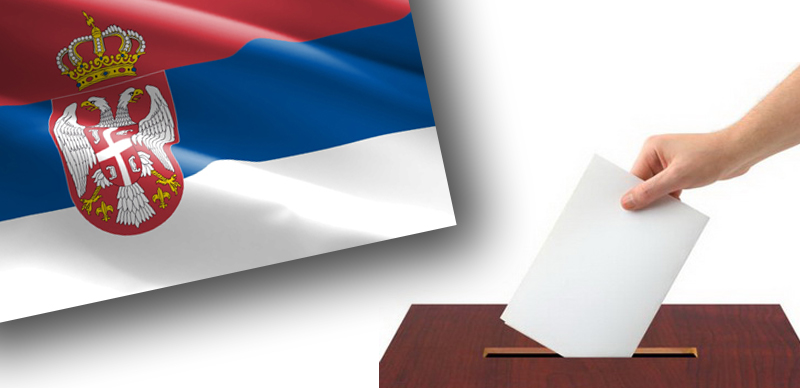
Following the incidents, the Serbian leader held a meeting of the Security Council and met with the Russian ambassador today. Prime Minister Ana Brnabić thanked the Russian special services for warning about the planned riots.
The protests continue today as well and the students who disagree with the result of the elections have blocked access to several central streets of Belgrade today.
Observations suggest that the events are unfolding based on "color revolution" scenarios, which have been repeatedly tested in post-Soviet and Eastern European countries. That is, the events begin after the presidential, parliamentary elections, or other politically significant events, the active participation of the most radical, but small section of the society is visible, they are observed with political and material support from foreign circles, and after a while, these actions result in the violent occupation of state enterprises and overthrow of the existing government.
There are many examples of these political processes, which are revolution in name, but coup in reality, both in the XX century and in the XXI century.
One of the main aspects that unite these "color revolutions" is that the events take place against the background of any agreement or negotiations with the West.
In the events that took place in Serbia, we can see all the symptoms of the "color revolution" disease that we listed above.

So, the developments that are taking place in Serbia are happening amid the background of President Aleksandar Vučić demonstrating his position in membership talks with the European Union, his refusal to recognize Kosovo's independence, and his refusal to join Western sanctions against Russia.
On the other hand, President Vučić said that the total number of people trying to seize the parliament building did not surpass 1200 people. This once again proves that, as it was with other "color revolution" attempts, the minority and most radical section of the society is the driving force in the protests.
In general, Aleksandar Vučić is one of the politicians that the West does not consider as an ally and an unsuitable partner. When such politicians remain in power in their countries, this arouses irritation and becomes a catalyst in the “color revolution” process.
Vučić does not obey the political course that the European Union and the U.S. set. Instead, he reveals double standards and biased steps of the West.
Aleksandar Vučić is a politician who speaks openly and frankly with people. He openly stated that two factors are the main obstacles to his country's membership in the European Union after he met with the President of the European Commission Ursula von der Leyen on October 31 of this year.
“The main reasons preventing Serbia from joining the European Union are our not joining sanctions against Russia and our not recognizing Kosovo's independence”, he had said.
Politicians were saying in their speeches that the West was pressuring Belgrade hard to join the sanctions against Russia. Despite these pressures, it has been more than 20 months that Serbia is not fulfilling Brusseləs wishes.
On the other hand, Vučić consistently defends Serbia’s interests in the issue of Kosovo as well. He reminded that, regarding the war in Ukraine, the West stated the territorial integrity of the countries as a basic provision of international law, but in the case of the Kosovo region of Serbia, they refused this principle since 2008.
His statement on Sunday is important in terms of explaining the post-election protests.

"Despite negotiations with Pristina, the Serbian authorities do not intend to recognize the independence of Kosovo. I repeat once again: Serbia does not and will not recognize Kosovo's independence," Vučić said in his speech.
Brussels needs a Serbia that supports the West's sanctions policy against Russia, stops its private relations with Moscow, and reconciles with the independence of Kosovo. But the results of the last elections disappointed Brussels. The West did not spontaneously support his political course and did not accept that Vučić's government would remain in power until 2027, and the events of the past day were just an echo of that frustration.
Regardless of the scenario in which the events will develop from now on, it can be said that what happened in Serbia is not a manifestation of internal discontent in the country, but an external order.


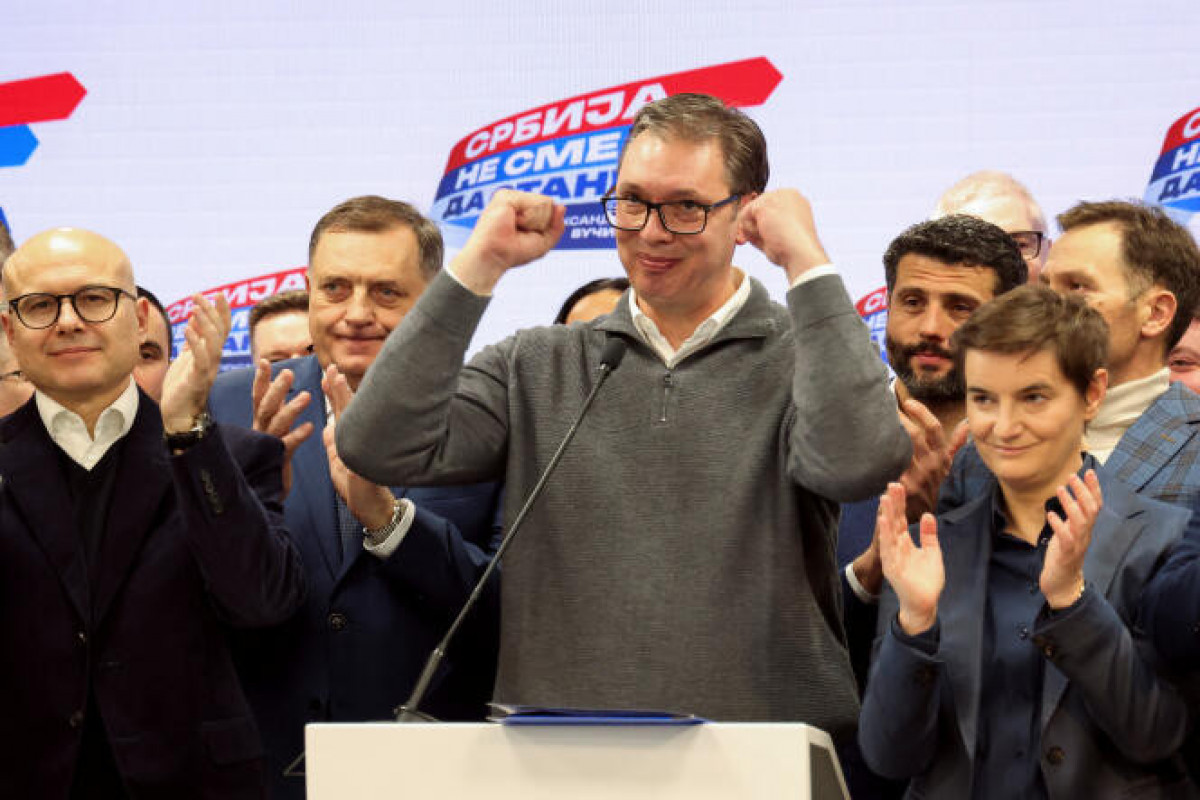
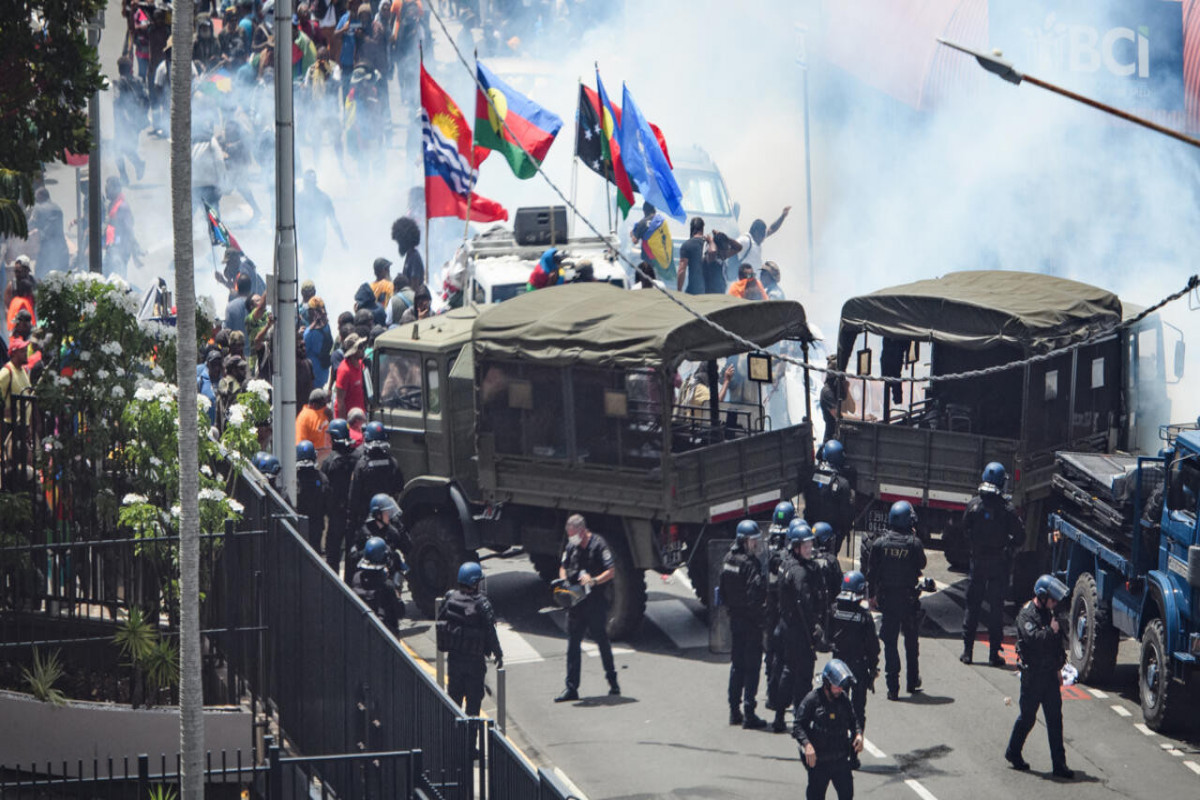 ANALYSIS'>
ANALYSIS'>
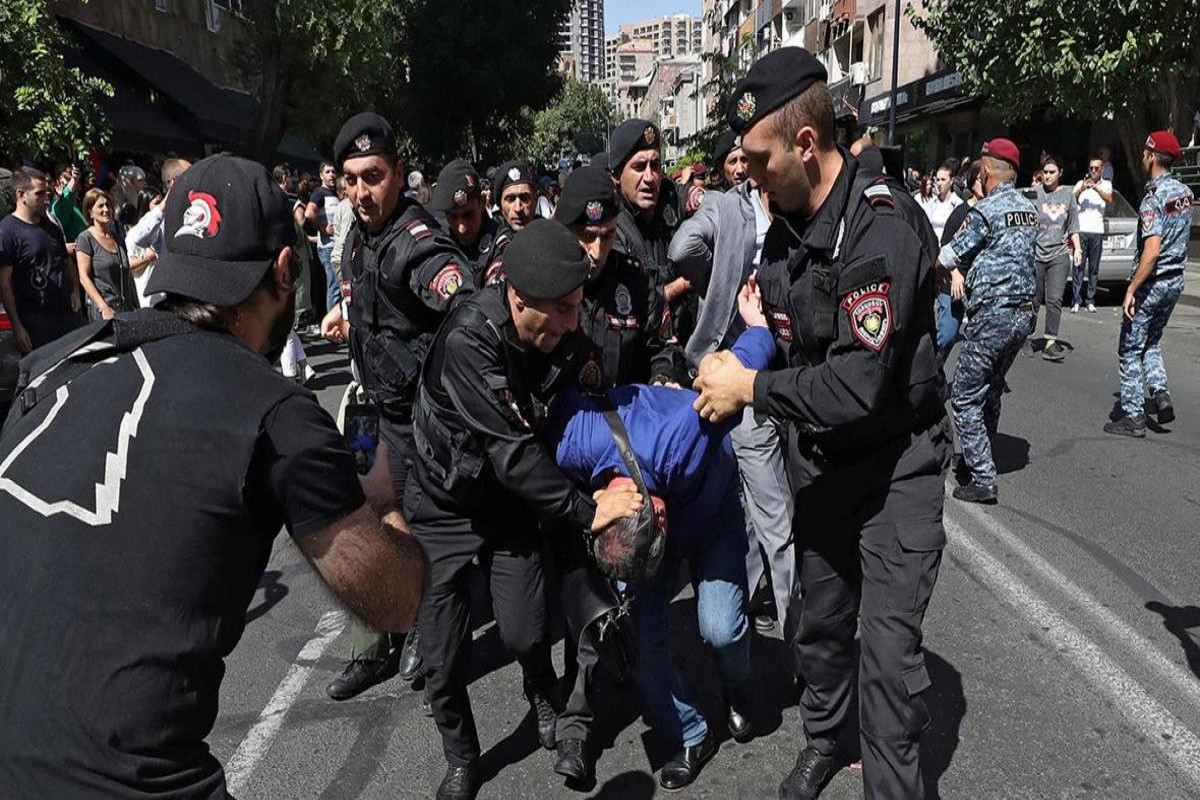
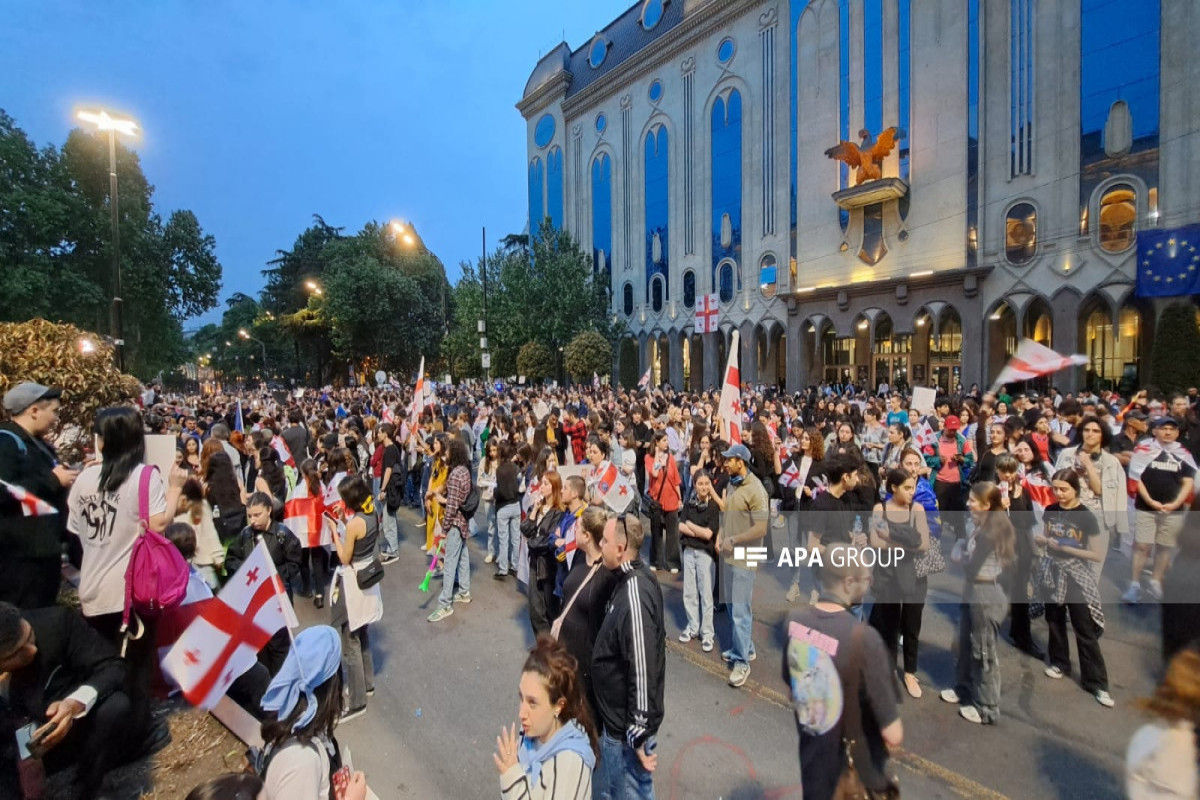 ANALYTICS'>
ANALYTICS'>
